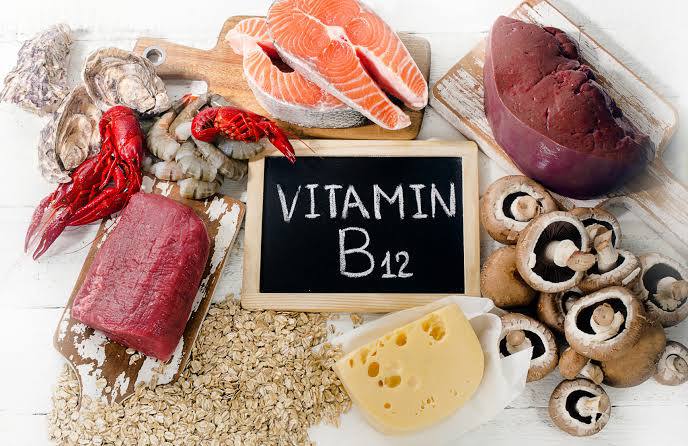Nutritional yeast is a widely used ingredient in vegan cookery.

The protein, vitamins, minerals, and antioxidants it contains give it its name.
It has been demonstrated in studies to have a wide range of health benefits, including decreasing cholesterol and protecting the body from free radical damage.
Saccharomyces cerevisiae is the scientific name for nutritional yeast.
It’s the same yeast that’s used in bread baking and beer brewing.
Despite the fact that brewer’s, baker’s, and nutritional yeasts are all generated from the same species of yeast, they are all completely distinct products.
Baker’s yeast is a type of live yeast that is used to leaven bread. Although the yeast is killed during the cooking process, it imparts an earthy, yeasty flavour to the bread.
Brewer’s yeast is a type of yeast that may be bought alive and used to make beer. The bitter taste of the dead yeast cells left over from the brewing process can be eaten as a nutritious supplement.
Nutritional yeast is yeast that has been produced expressly for use as a food ingredient. Yeast cells are killed throughout the manufacturing process and are not present in the finished product. It has a cheesy, nutty, or savoury flavour and is used in cooking.
S. cerevisiae cells are grown for several days on a sugar-rich medium like molasses to produce nutritional yeast.
Heat is used to deactivate the yeast, which is subsequently harvested, cleaned, dried, crushed, and packaged for distribution.
Nutritional yeast comes in two varieties: unfortified and fortified.
Unfortified: This variety does not have any vitamins or minerals added to it. It solely contains the vitamins and minerals that the yeast cells naturally create as they grow.
Synthetic vitamins are added during the production process to improve nutritious content in this variety. Vitamins that have been added to the yeast will be listed in the ingredients.
Protein, B vitamins, and trace elements are abundant in nutritional yeast.
Because extra levels of B vitamins are added during manufacture, fortified nutritional yeast has more B vitamins than unfortified kinds.
Unfortified versions, on the other hand, still have a moderate amount of B vitamins, which are formed naturally as the yeast grows.
The following are some of the most important nutritional advantages of nutritional yeast:
It’s a full-fledged protein: All nine essential amino acids that humans require are found in nutritional yeast. With 2 grams of protein per tablespoon, vegans can easily add high-quality protein to their meals.
It has a lot of B vitamins in it: 30–180 percent of the RDI for B vitamins is found in one tablespoon of nutritional yeast. It is exceptionally high in thiamine, riboflavin, niacin, vitamin B6, and vitamin B12 when supplemented.
It includes trace minerals: one tablespoon contains 2–30 percent of the RDI for zinc, selenium, manganese, and molybdenum, among other trace minerals. Gene regulation, metabolism, growth, and immunity are all affected by trace elements.


